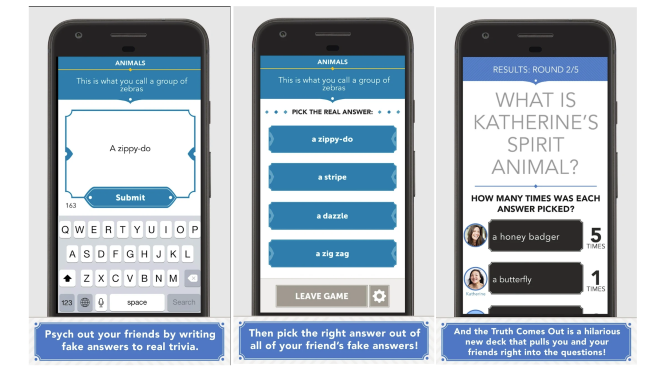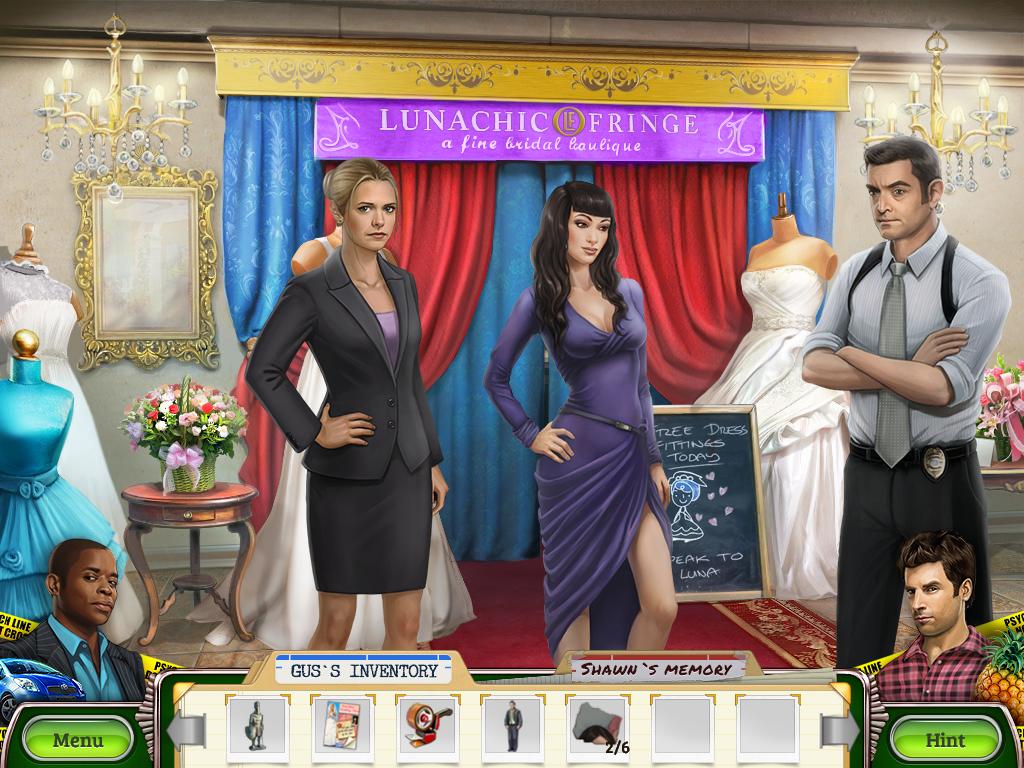When I heard that Dule Hill was starring in Psych, I assumed it was a deadly serious psychological drama. I mean, that is the kind of thing brilliantly talented actors like Dule Hill act in, right? Whereas other crime dramas are going the serious and dark route, Psych does a complete and total 180-degree turn and goes for the laughs instead. Psych Experience the story of Alexander Green and find out what happened on the day of the accident in this First Person horror Adventure. Follow the development of Alex, solve puzzles around the event and try not to fall into madness as you search for answers. Psych - Game Trailer Does Psych have Co-op. Is an app by Ellen Degeneres, who brought us another fan favourite game Head’s Up. Allows you to play a game, similar to Cards Against Humanity, on your phone with friends miles apart. Psych is simultaneously one of the best games to play with friends and one of the best games for family nights! It has multiple categories, including general questions and movie bluff. Get points for guessing right, and for each other player you psych! Questions and answers for psych! How to Download and Play Psych! Download LDPlayer, a free Android emulator to play Mobile games&Apps on PC. Complete the installation of LDPlayer on your desktop. Launch LDPlayer and search Psych! On the search bar. Install the game from LD Store (Or Google Play).
I used to hate games and think gamers were uneducated delinquents, obviously less evolved because of their proclivity to such mindless forms of entertainment. Now, however, I'm one of them, and find myself facing the same judgments.As a gamer, I was a late bloomer. I didn't start playing games until I was 25, and didn't own my first console until a year later. Now I'm pretty good, but no sharpshooter. I still have trouble with first-person shooters, find myself getting stuck looking at the ground in corners, and I die all the time. But I'm good enough to enjoy a wide variety of games, including more challenging FPS-type titles like Skyrim and Borderlands. Personally, I'm astonished; in only a few years I went from despising games to being a level 54 battle mage with more perks than a Google employee. Understanding how I got here might help game designers and developers more successfully expose new players to more exciting and enjoyable games, ultimately making them long-term players interested in a wider variety of games. Essentially, this is a recipe for transforming casual game players into serious gamers.
-----------------------------------
While still in my game-loathing stage, I started dating a girl who was a semi-serious gamer. She played fun but undemanding games like Katamari and Little Big Planet. I thought it was immature child's play, and was honestly so annoyed I'd usually take a book to another room. Not only was it annoying, it was completely nonsensical to me. One time while playing Animal Crossing, she was blathering on and on about how Tom Nook, the shop owner raccoon (who's actually a not a raccoon), still didn't have a shovel and she needed one to dig for fossils to give to the owl at the museum.


ಠ_ಠ
I was so bewildered that I overcame my annoyance and sat down on the couch to see if I could make any sense of her first-world situation.


